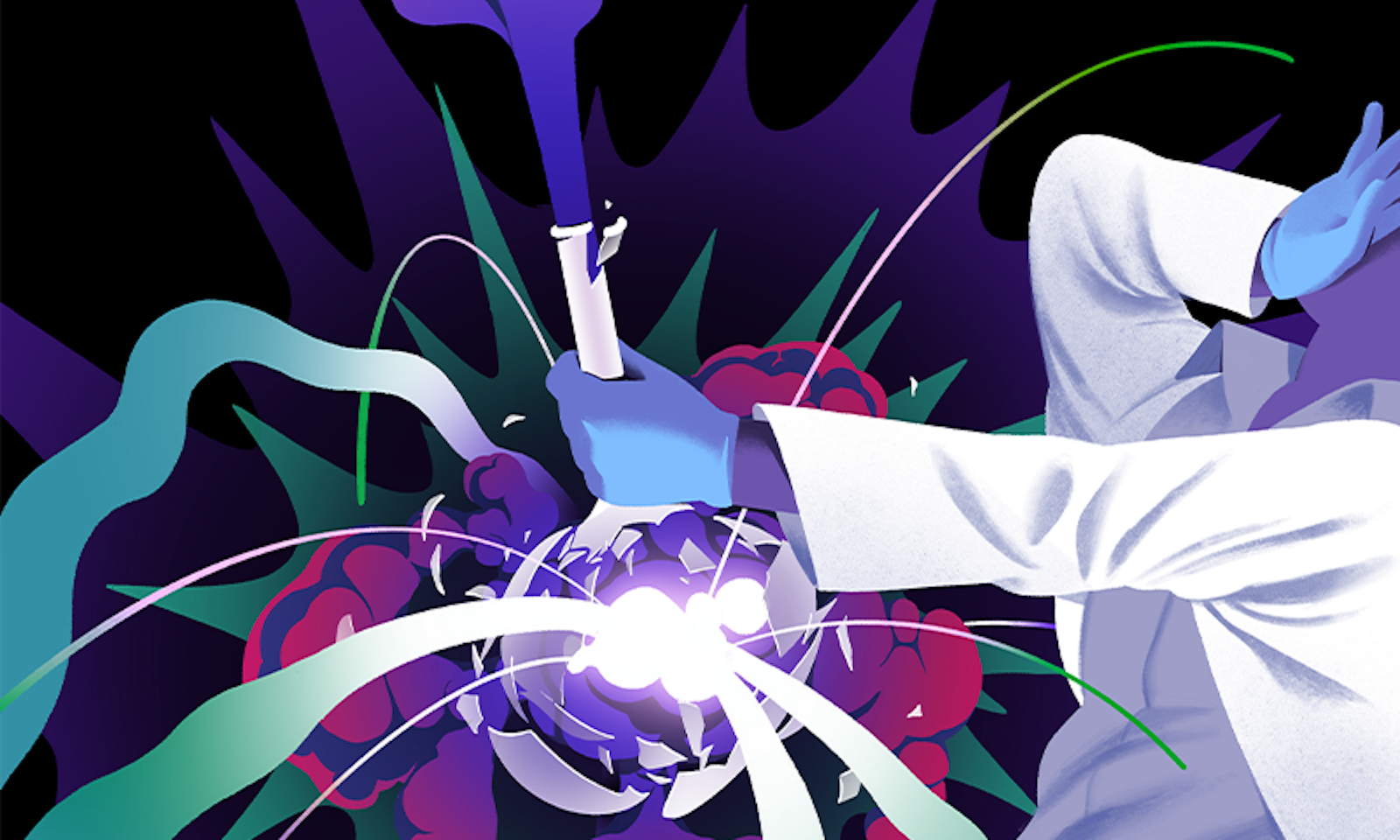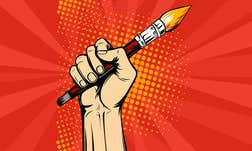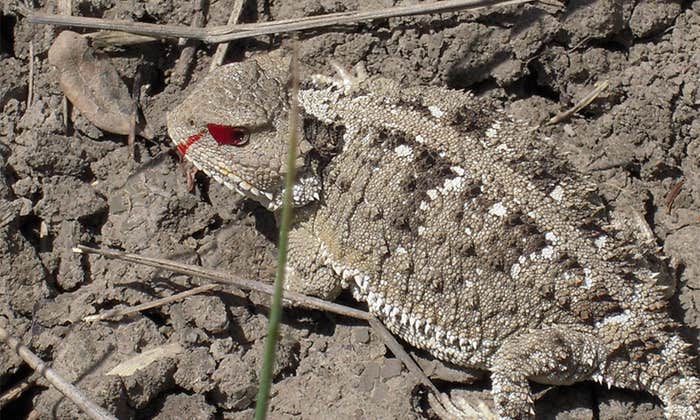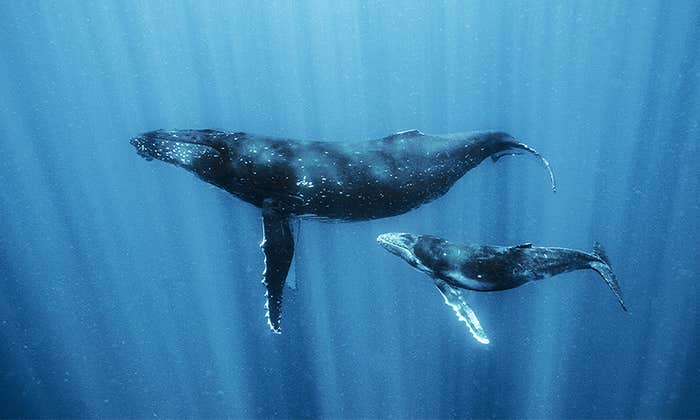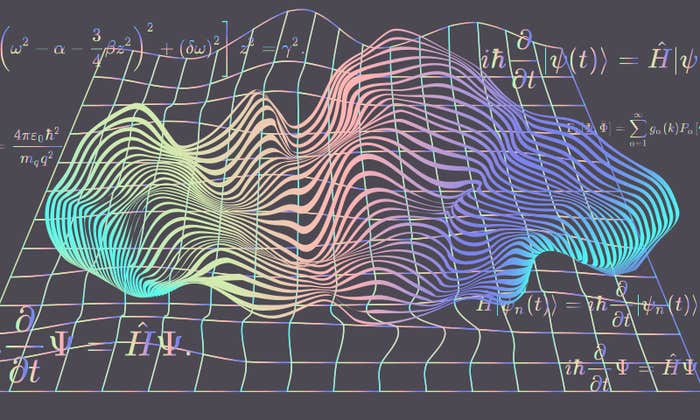Greetings, Nautilus readers, and welcome to The Rebel Issue. Starting today through the end of April we’re going to bring you stories that revolve around the meaning of rebel. In our own happy rebellion against the conventions of science writing, we’ve composed stories about rebels in science—unsung ones, mind you—and the subtle ways nature itself breaks with the past to create something new. The issue is about rebel, the noun and the verb.
Alas, there are no profiles of Galileo and Darwin, but the spirit of their scientific triumphs over superstitions infuses this special issue. And can I just say a few words about one of our guiding lights?
American psychologist Frank Sulloway wrote that “Darwin was born to rebel.” But not in any way commonly associated with rebellion. He didn’t wear a beret, as far as I know. Speaking of the French, Jean Pierre Flourens, a bigshot at the French Academy of Sciences, couldn’t have been more offended at the publication of On the Origin of Species in 1859. Flourens’ response gives you an idea of how Darwin’s great book upended the stuffy thinkers of his time.
“What unclear ideas, what false ideas!” Flourens effused. “What metaphysical jargon clumsily hurled into natural history. What pretentious and empty language! What childish and out-of-date personifications! Oh lucidity! Oh French stability of mind, where art thou?”
Darwin was a country gentleman sensitive to nature like few before or after him. Freeman Dyson, a friend or colleague of many of the giants of 20th-century physics, including Albert Einstein, Wolfgang Pauli, Robert Oppenheimer, and Richard Feynman, wrote the common element of scientific visionaries “is rebellion against the restrictions imposed by the locally prevailing culture, Western or Eastern as the case may be.” What made them rebel?
I just love what the understated Darwin wrote about himself. “As far as I can judge, I am not apt to follow blindly the lead of other men.” How beautiful, and how apt of the scientists you will meet in this issue.
Bill Hamner, an ornithologist by training, one day in 1969 found himself aboard an oceanographic research ship in the Gulf of California. Hamner watched the biologists go about their work, catching ocean animals in nets to later piece together their lives in labs. “What in the world?” Hamner thought. This was no way to understand animals, whose lives were shaped by their environments. His face mask secured, Hamner dove into the water to look around himself. His rebel dive forever changed how marine biology is practiced.
As I mentioned, The Rebel Issue is not just about people. Nature knows no conventions. Evolution by natural selection can be seen as a perpetual rebellion against changing environments. This place will no longer do, organisms showed, we need to rebel. Revolutions followed. Take the case of microscopic cyanobacteria. It just happened to jumpstart an entirely new atmosphere, one with oxygen.
The philosopher and novelist Albert Camus wrote, “I rebel—therefore we exist.” Rebellion is a form of hope, an act of creativity. “Of all the schools of patience and lucidity, creation is the most effective.” Our stories in The Rebel Issue, created by journalists, scientists, and artists, show that hope is real, that rebellion really can change the world. ![]()
Lead illustration by Angie Wang















